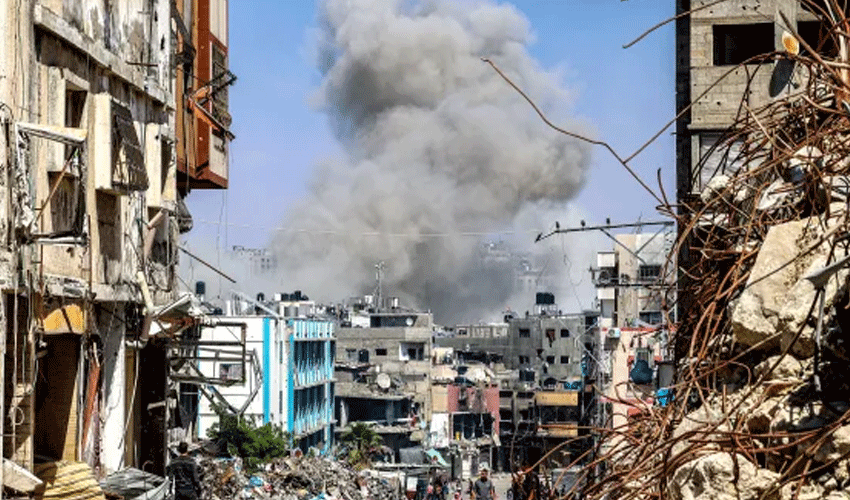Faisalabad, often referred to as Pakistan's Manchester due to its industrial prominence, has now earned the grim distinction of being the country's most polluted city as air quality continues to plummet.
Faisalabad's air quality index (AQI) has soared past the hazardous threshold of 700, posing severe health risks to its residents.
The unchecked emissions from vehicles and factories emitting thick black smoke have been identified as major contributors to the worsening smog. Despite clear environmental SOPs, the city’s administration has been criticized for failing to enforce regulations effectively.
Environment Department reported sealing one factory in the past 24 hours, lodging FIRs against three others, and imposing fines totaling Rs. 2 lakh. However, these measures seem insufficient to tackle the scale of the crisis.
Health experts have warned of rising respiratory and cardiovascular illnesses due to prolonged exposure to toxic air, urging immediate action to curb pollution and enforce stricter regulations. Residents, too, have called for urgent measures to address the smog crisis, which has now become a public health emergency.
The situation underscores the need for a robust and sustainable environmental policy to combat air pollution in Pakistan’s industrial hubs.


























